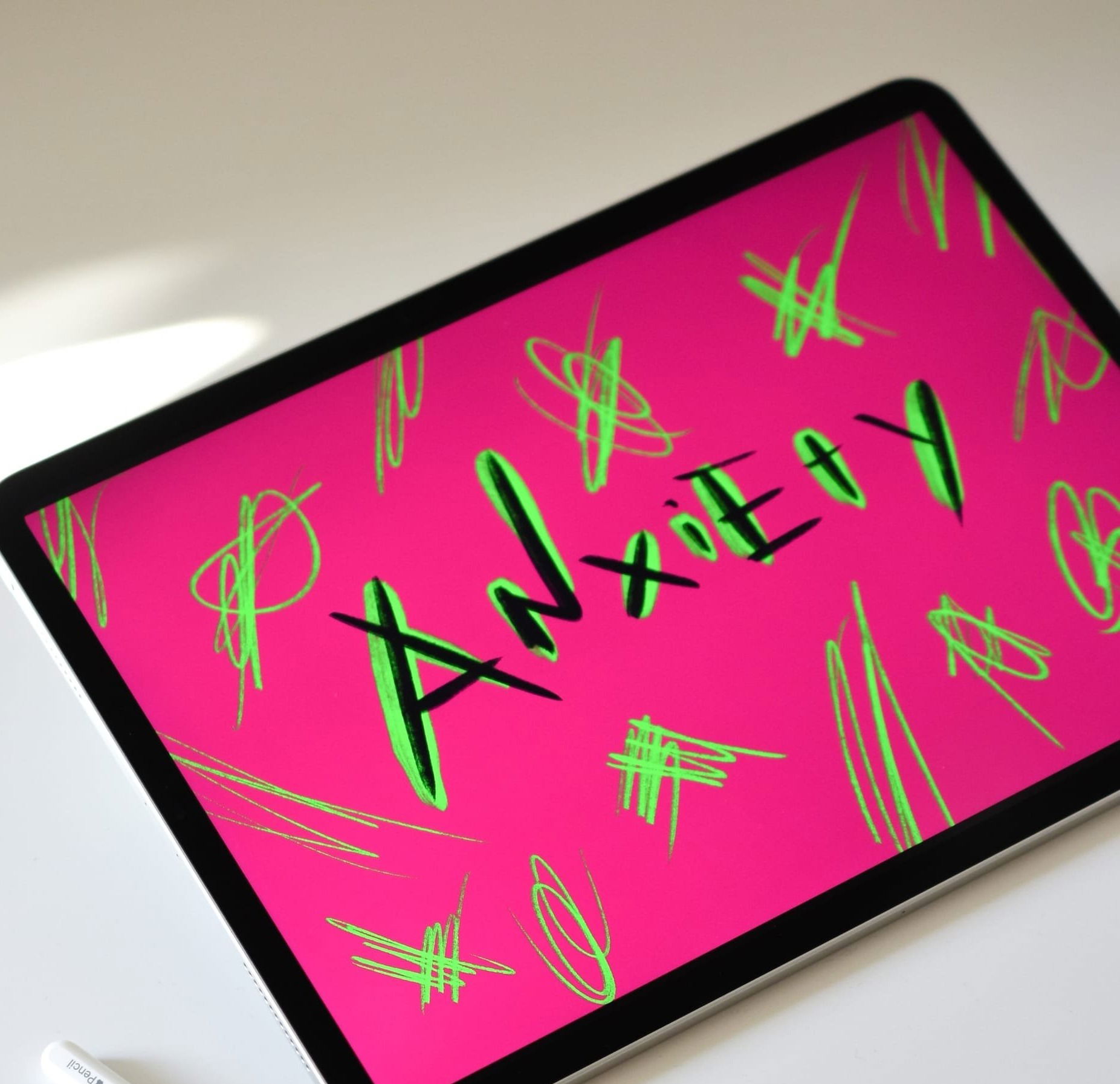TIPS ON HOW TO DEAL WITH ANXIETY

Having occasional feelings of anxiety is a normal part of life, but people with anxiety disorders experience frequent and excessive anxiety, fear, terror and panic in everyday situations. These feelings can be unhealthy if they affect your quality of life and prevent you from functioning normally. At some point, anxiety and stress affect everyone. They can manifest differently in different people, and the level of anxiety one experiences can vary, but there is one thing for certain: there are ways to manage anxiety, even if it feels out of control.
Effect of Anxiety on Your Physical Health
- a churning feeling in your stomach
- feeling light-headed or dizzy
- pins and needles
- feeling restless or unable to sit still
- headaches, backache or other aches and pains faster breathing
- a fast, thumping or irregular heartbeat
- sweating or hot flushes
- sleep problems
- grinding your teeth, especially at night
- nausea (feeling sick)
- needing the toilet more or less often changes in your sex drive
- having panic attacks
Effects of anxiety on your mind
- feeling tense, nervous or unable to relax
- having a sense of dread, or fearing the worst
- feeling like the world is speeding up or slowing down
- feeling like other people can see you're anxious and are looking at you
- feeling like you can't stop worrying, or that bad things will happen if you stop worrying
- worrying about anxiety itself, for example worrying about when panic attacks might happen
- wanting lots of reassurance from other people or worrying that people are angry or upset with you
- worrying that you're losing touch with reality
- low mood and deppression
- rumination – thinking a lot about bad experiences, or thinking over a situation again and again
- depersonalization – a type of dissociation where you feel disconnected from your mind or body, or like you are a character that you are watching in a film
- derealization – another type of dissociation where you feel disconnected from the world around you, or like the world isn't real
- worrying a lot about things that might happen in the future
Tips for Managing Anxiety
Physical Activity
Develop a routine so that you are physically active most days of the week. Exercise is a powerful stress reducer. It can improve your mood and help you stay healthy. For the biggest benefits of exercise, try to include at least 2½ hours of moderate-intensity physical activity (e.g. brisk walking) each week, 1¼ hours of a vigorous-intensity activity (such as jogging or swimming laps), or a combination of the two.
- 5 X 30: Jog, walk, or bike three to five times a week for at least 30 minutes.
- Set small daily goals and aim for daily consistency rather than perfect workouts. It's better to walk every day for 15-20 minutes than to wait until the weekend for a three-hour fitness marathon. Lots of scientific data suggests that frequency is most important.
- Find forms of exercise that are fun or enjoyable. Extroverted people often like classes and group activities. People who are more introverted often prefer solo pursuits.
- Recruit an “exercise buddy.” It's often easier to stick to your exercise routine when you have to stay committed to a friend, partner, or colleague.
- Be patient when you start a new exercise program. Most sedentary people require about four to eight weeks to feel coordinated and sufficiently in shape so that exercise feels easier.
Breath Control Try breathing in for 4 counts and breathing out for 4 counts for 5 minutes total. By evening out your breath, you will slow your heart rate which should help calm you down.
Avoid alcohol and recreational drugsThese substances can cause or worsen anxiety. If you are not able to quit on your own, see your health care provider or find a support group to help you.
Quit smoking, and cut back or quit drinking caffeinated beverages
Nicotine and caffeine can worsen anxiety.
Use stress management and relaxation techniques
Visualization techniques, meditation and yoga are examples of relaxation techniques that can ease anxiety.
Make sleep a priority
Do what you can to make sure you're getting enough sleep to feel rested. If you aren't sleeping well, talk with your health care provider.
Eat healthy foods
A healthy diet that incorporates vegetables, fruits, whole grains and fish may be linked to reduced anxiety. Foods naturally rich in magnesium may help a person to feel calmer. Examples include leafy greens, such as spinach and Swiss chard. Other sources include legumes, nuts, seeds, and whole grains. Foods rich in zinc such as oysters, cashews, liver, beef, and egg yolks have been linked to lowered anxiety. Eating foods such as processed meats, high sugar foods, caffeine and alcohol, which provide little nutritional value, have been associated with more psychiatric symptoms and can increase cortisol levels—our primary hormone responsible for stress,” she said. “A diet high in whole foods and low in processed foods can help maintain healthy cortisol levels.”
Learn about your disorder
Talk to your health care provider to find out what might be causing your specific condition and what treatments might be best for you. Involve your family and friends, and ask for their support.
Identify triggers
Everyone's experience of anxiety is different, so it's hard to know exactly what causes anxiety problems. There are probably lots of factors involved. Learn what situations or actions cause you stress or increase your anxiety. Practice the strategies you developed so you're ready to deal with anxious feelings in these situations.
Keep a journal
Keeping track of your personal life can help identify what's causing you stress and what seems to help you feel better. Write down your thoughts. Writing down what’s making you anxious gets it out of your head and can make it less daunting.
Socialize
Don't let worries isolate you from loved ones or activities.
Welcome humor
A good laugh goes a long way.
